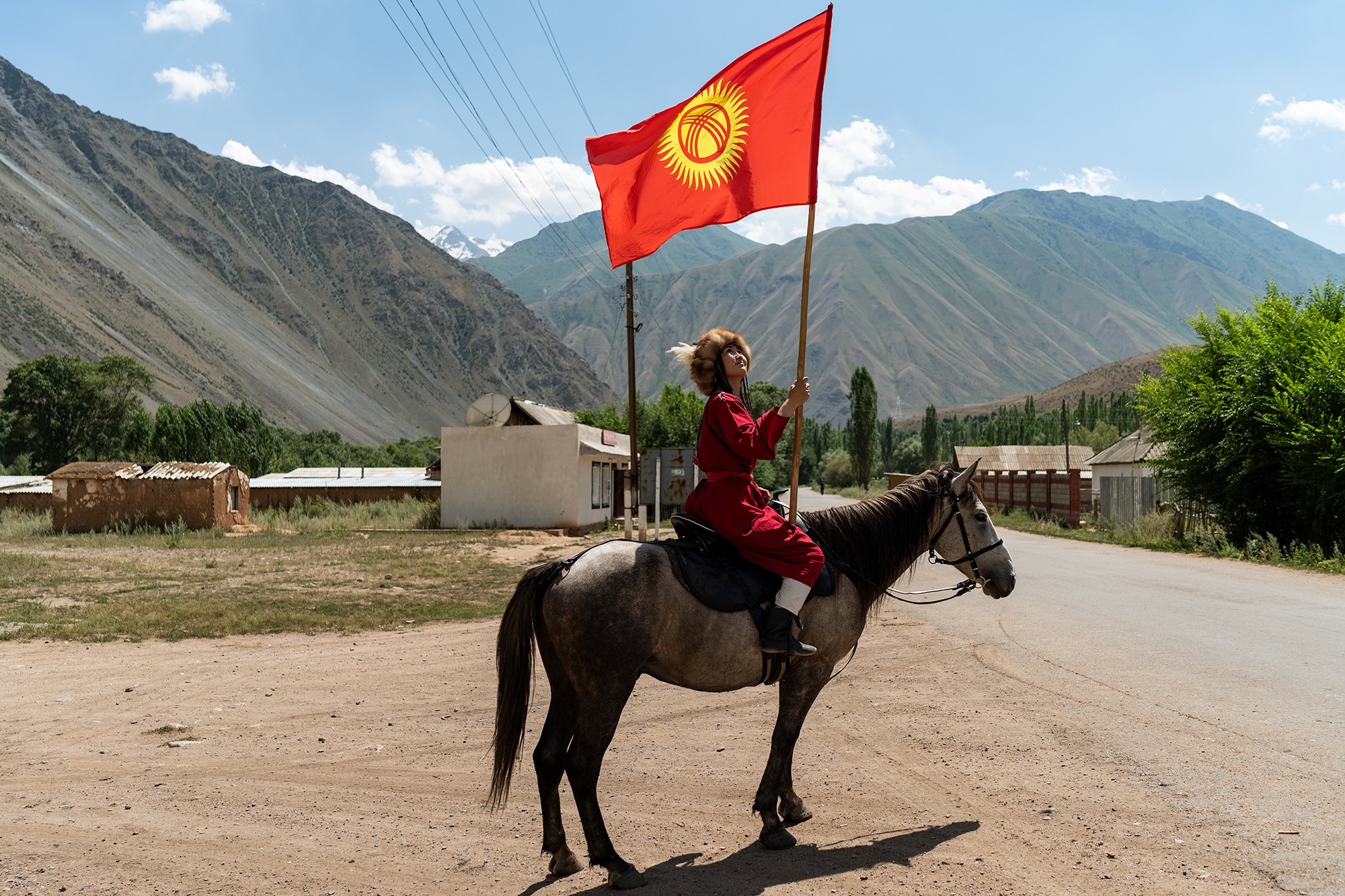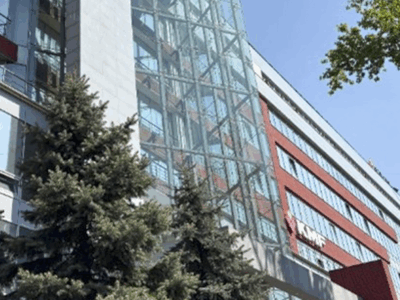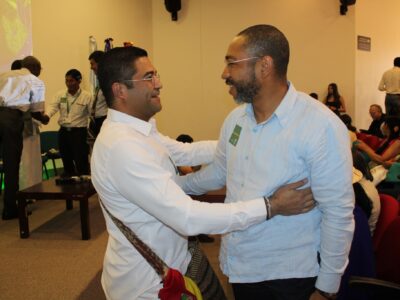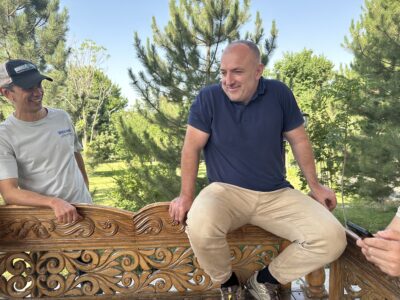
Join us for a conversation with Hiqmet Demiri, former Chief of Party of the USAID Enterprise Competitiveness Project in the Kyrgyz Republic, implemented by ACDI/VOCA from 2018 to 2023 with funding from USAID and current Chief of Party of the USAID Employment and Enterprise Development Activity in Tajikistan. In this interview, Hiqmet shares his experience leading the project and how strong partnerships, a culture of learning, and a clear vision contributed to its work strengthening market systems resilience. Despite geopolitical challenges and setbacks from COVID-19, the project created and maintained more than 28,000 jobs, 50 percent of which were filled by women and 30 percent by youth. Below, Hiqmet shares his insights and recommendations for future projects seeking to strengthen market systems resilience.
Q: What were the key elements that allowed the project to succeed?
A: We took on a holistic market system approach, which involved establishing a clear vision and collaborative mindset among our team and partners. We partnered with 135 private sector enterprises and leveraged their resources to strengthen small- and medium-sized enterprises in sectors where we saw potential for growth. But we did not come with ready-made solutions. We knew one size does not fit all.
Developing our vision with the donor was more challenging because the donor initially saw us simply as a grant provider. Yet, we formed partnerships with people who were willing to take risks together, which does not typically happen through simple grants.
We also rooted our vision in strengthening the diversity of market channels and actors. For example, we helped participants build business plans and establish social enterprises in the form of crisis centers for survivors of domestic violence. This meant helping roughly 1,700 women and 2,214 young people receive financing to maintain the centers. Then, we linked them with core project partners to help them sell their products. The crisis centers were happy, and our partners were happy because we created an additional supply chain for them. Over time, these centers received positive media coverage, which nurtured a sense of community pride. They were different from our textbook model enterprises because they had goals other than purely profitmaking.
Q: What elements should new projects get right from the start to achieve similar success?
A: We constantly tried to drive change and new mindsets, shifting from expert-led best practices to locally adaptive experimentation and embracing the courage to try new things and learn from failures. I think this comes first. Often, we put technical assistance first and think it will drive the mindset change, but it is the other way around. Because we made the mindset shift happen first, we had remarkable examples of investment from the private sector in modern technologies. One of our grantees invested $350,000 in a drip irrigation system, which will save an estimated 50 percent of water usage and better suit local conditions, demonstrating a shift from focusing on short-term solutions to focusing on long-term sustainability.
Q: How did you establish a network of local partners and maintain those partnerships on such a large scale?
A: It is important to support partners with good ideas as well as partners who are market leaders, trendsetters, or large enough to drive transformative change. But we cannot lead by good ideas alone; we must also consider the market structure. For example, our partners Cool Bros LLC, one of Kyrgyzstan’s largest apparel companies, continued to expand its production. With our support, Cool Bros LLC opened the largest apparel factory in the southern region, creating jobs for residents, which, in turn, reduced both internal and external migration.
We also quickly realized we needed to make it clear to our partners that we were looking for changemakers, not just grant-seekers. That is how the project became a catalyst for innovation. Our monitoring and evaluation team was especially instrumental in engaging with partners because they collected data that helped us monitor the health of the partnership.
Q: How did you create a culture of learning and adaptation among the team?
A: First, it was important to hire staff who had a growth mindset. Learning was a constant for both our staff and our partners.To improve adaptive learning, we relied on trusted ACDI/VOCA home office staff, who were outside of the project, to conduct regular portfolio and results reviews with our project staff. It was remarkable how, in an environment where failing was safe, staff would come up with innovative solutions for partners, particularly during the pandemic. For example, Kyrgyzstan’s tourism sector saw a significant decline in travel services due to COVID-19-related restrictions and flight cancellations. Our ability to learn and quickly adapt allowed us to help tourism partners refocus on the local market, helping them stay afloat and even develop their businesses.
This culture of learning had other benefits, too. Employees who felt they were learning and growing were more likely to be satisfied with their jobs. And those who were keen to learn did so throughout the life of the project, which, of course, paid off.
Q: What challenges did the team face?
A: Admitting failure was not very popular among our Kyrgyz partners, but it was essential. We operated in a tough business environment, and failure was normal. Although the project’s fail rate was relatively low, it was still challenging at times because of misaligned incentives for staff and partners to report failure when the donor did not necessarily want to hear how we had failed. What mattered most was that our “leading from behind” management style allowed partners to sit in the driver’s seat. Understanding how to lead through influence, build consensus, and appeal to the partner’s self-interest was critical to strengthening the resilience of market actors in the system.
Learn more about the USAID Enterprise Competitiveness Project.
Learn more about ACDI/VOCA’s private sector engagement strategy.
Comments







